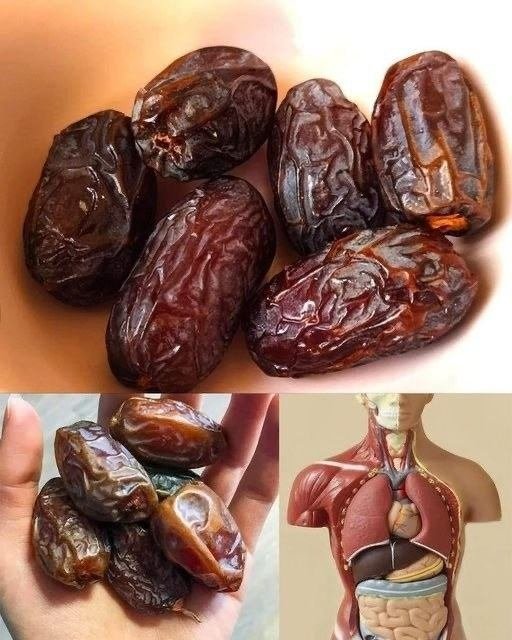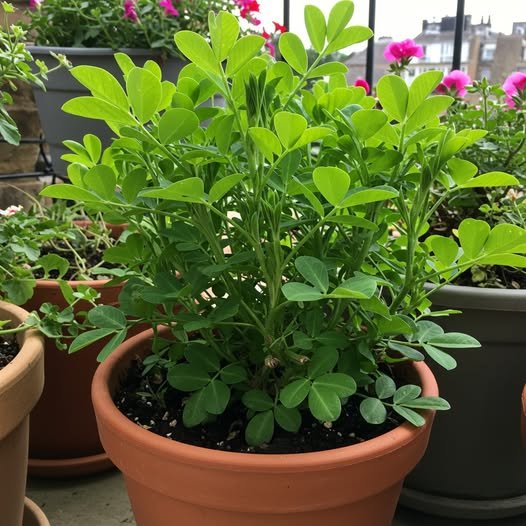Dates are often celebrated as one of the healthiest fruits due to their remarkable nutritional value. Rich in essential nutrients, they contain magnesium, potassium, calcium, manganese, iron, phosphorus, and Vitamin A, all of which play vital roles in supporting the body, from strengthening bones to enhancing heart health.
One of the standout benefits of dates is their high fiber content, which promotes healthy digestion and supports gut health.
Low in fat and containing moderate protein, dates are a great choice for those looking to improve their diet. A 100-gram serving provides approximately 280 calories, making them an excellent source of energy.
Additionally, dates are packed with antioxidants like flavonoids, carotenoids, and phenolic acid, which help combat inflammation and oxidative stress. Regularly incorporating dates into your diet may lower the risk of chronic diseases and contribute to better long-term health.
Key Facts About Date Fruit:
- Appearance: Dates are small, oval-shaped, and can be brown, red, or yellow when ripe. They have a wrinkled skin, a sweet flesh, and a pit (or stone) in the center.
- Taste: Dates are very sweet and have a caramel-like flavor. Depending on the variety, they can also have hints of honey, toffee, or even a slightly nutty flavor.
Nutritional Benefits:
- High in Fiber: Dates are an excellent source of dietary fiber, which aids digestion.
- Rich in Minerals: They are packed with essential minerals like potassium, magnesium, and copper.
- Natural Energy Boost: Due to their high natural sugar content (fructose, glucose, and sucrose), dates provide a quick source of energy.
- Rich in Antioxidants: Dates contain antioxidants like flavonoids, carotenoids, and phenolic acid that help protect the body from oxidative stress.
Varieties of Dates:
- Medjool: Often called the “king of dates,” Medjool dates are large, soft, and extra-sweet.
- Deglet Noor: These are firmer and slightly less sweet than Medjool, often used in baking or cooking.
- Barhi: A smaller, soft date that’s often eaten fresh.
- Halawy: Sweet, soft, and often golden in color.
Culinary Uses:
- Snacks: Dates are commonly eaten on their own or paired with nuts, such as almonds or walnuts.
- Smoothies: They are often blended into smoothies for natural sweetness.
- Baking: Dates are used in energy bars, cakes, breads, and other desserts.
- Stuffed Dates: Dates can be stuffed with cheese, nuts, or even chocolate for a savory or indulgent treat.
- Date Syrup: A natural sweetener made from dates, often used as a substitute for honey or sugar in recipes.
Health Benefits:
- Heart Health: The potassium and magnesium in dates help maintain healthy blood pressure and heart function.
- Bone Health: They contain calcium and phosphorus, which are important for bone strength.
- Boost Digestion: The high fiber content helps with regular bowel movements and prevents constipation.
- Rich in Iron: Dates are a good source of iron, which is important for preventing anemia.
Would you like to know about how dates are grown or perhaps a specific recipe involving dates?



